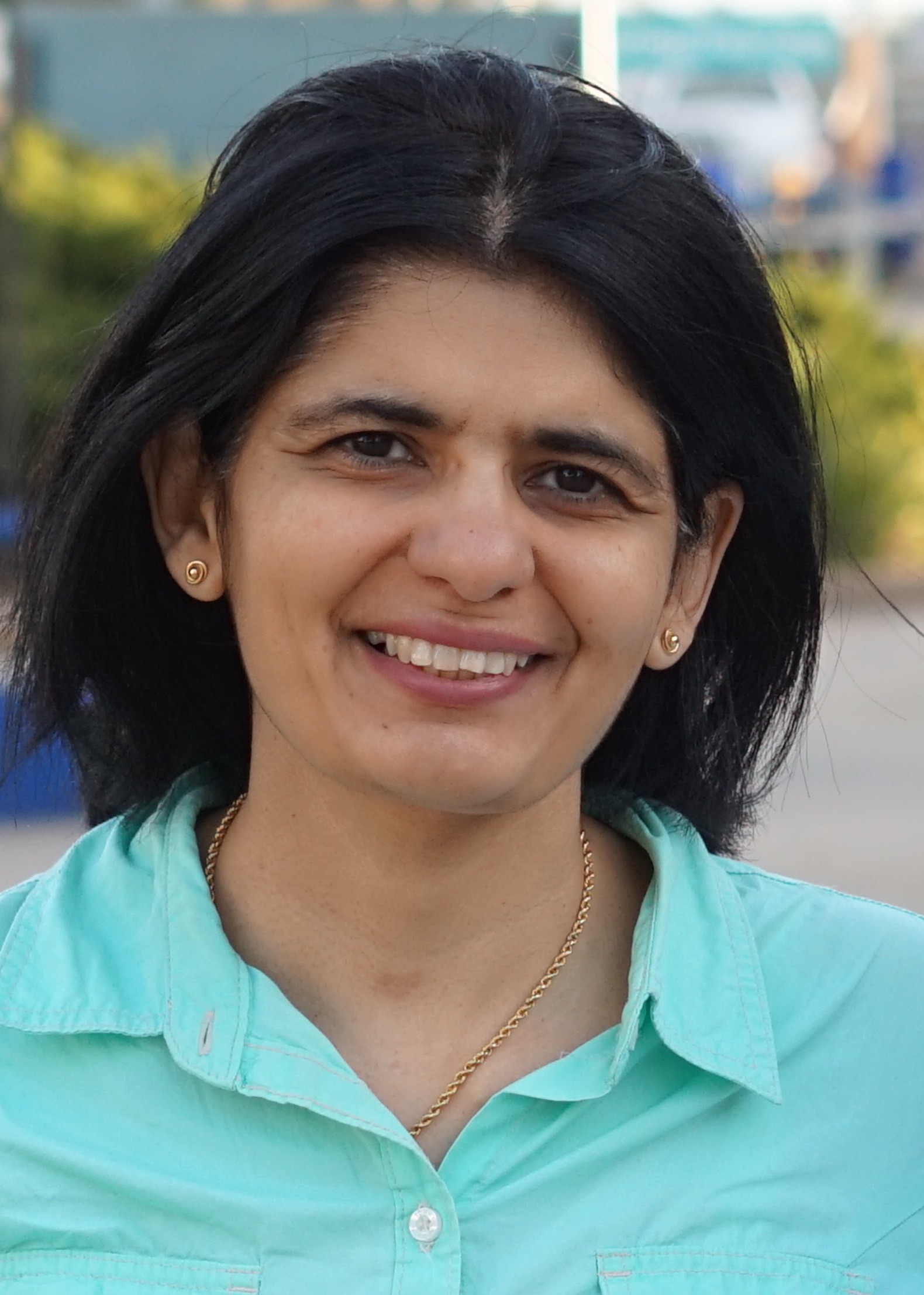Postdoctoral Research Spotlight
The UC San Diego Center for Healthy Aging and the Stein Institute for Research on Aging are proud to support postdoctoral fellows as they work on deciphering aging and making successful aging possible for everyone. We are excited to use this newsletter as a platform to highlight the amazing research our postdoctoral community does. This month, we spoke with Varsha Badal, PhD. She discussed her recent work on applying Artificial Intelligence and Machine Learning to improve mental health in older adults.
 Can you give us a brief introduction?
Can you give us a brief introduction?
I am a Computational Biologist and I have had two postdocs – the first one in microbiome at the UC San Diego Center for Microbiome Innovation and the second one as a NIMH T32 fellow in Geriatric Mental Health at UC San Diego. In part because of my background, and in part because of mental health coming to the forefront in news in recent years, I got very interested in psychiatry. I think mental health as a research frontier deserves way more emphasis than it is usually given.
Can you describe your T32 research project?
I have worked on several projects during my postdoctoral T32 training. Some projects involved Natural Language Processing (NLP) analysis of transcripts of interviews of older adults on issues including loneliness, relationships, and wisdom. I use a variety of techniques including Artificial Intelligence and Machine Learning on linguistic features, quantified emotions and sentiments, pronoun usage, vocabulary richness and some other dictionary-based features. More recently, I have been using mobile data which can be combined with location to model context, affect and lack of motivation in people with serious mental illnesses. I have extended these techniques to model metacognition and self-assessment in lab-based tasks.
What inspired you to choose this field of study?
Over past few years, I have realized that individual mental health issues get amplified into many social ills, including addiction and violence we see in news. It has great economic implications too. I think everybody should be interested in this field. People are living longer, in greater isolation and in times of great change - a better understanding of wisdom and loneliness is essential. From the research standpoint, recent techniques such as of Ecological Momentary Assessment and causal analysis has allowed close monitoring of subjects in natural environments and modeling within-person dynamic changes that occur. This is a great non-invasive tool to understand mental processes.